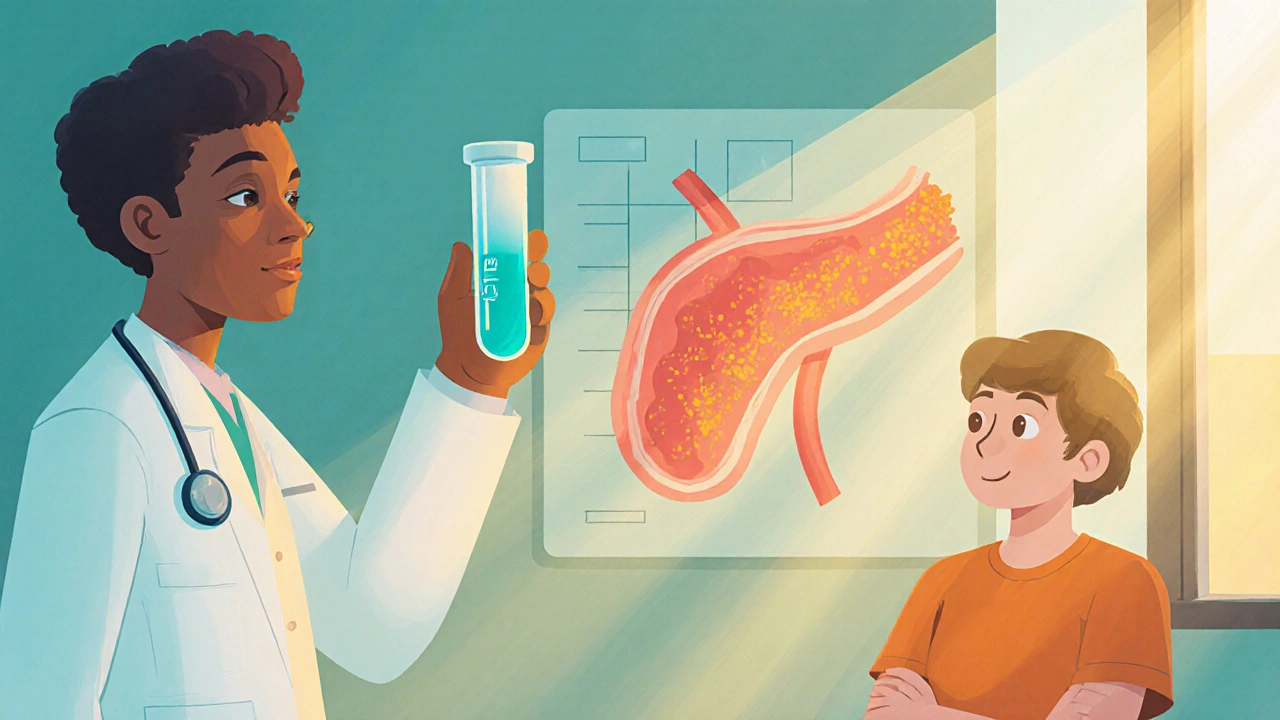Learn why catching high cholesterol early saves lives. This guide explains screening, lifestyle changes, meds, and follow‑up steps to manage hypercholesterolemia effectively.
LDL Cholesterol: Understanding Its Role in Heart Health
When dealing with LDL cholesterol, the “bad” cholesterol that carries lipids to arterial walls. Also known as low‑density lipoprotein, it is a key factor in cardiovascular disease, conditions that affect the heart and blood vessels, often managed with statins, drugs that lower LDL levels by inhibiting HMG‑CoA reductase and a heart‑healthy diet, food patterns low in saturated fat and dietary cholesterol.
Why LDL Cholesterol Matters
LDL cholesterol contributes to plaque buildup inside arteries; that process is called atherosclerosis. When plaque hardens, it narrows the vessel and can trigger a clot, which raises the risk of heart attack or stroke. In simple terms, the higher your LDL, the more likely you’ll face a cardiovascular event. Researchers have shown that people with LDL above 160 mg/dL are twice as likely to develop coronary artery disease as those keeping it below 100 mg/dL.
Managing LDL cholesterol requires a two‑pronged approach. First, medication—most commonly statins—lowers LDL by up to 50 % in many patients. Second, lifestyle tweaks such as swapping red meat for fish, adding soluble fiber, and exercising regularly can shave off another 10‑15 % of LDL without a prescription. These steps together form a solid defense against plaque formation.
Testing is straightforward. A standard lipid panel reports total cholesterol, HDL (the “good” cholesterol), LDL, and triglycerides. Health authorities often set target LDL levels: under 100 mg/dL for most adults, and below 70 mg/dL for those with existing heart disease. Your doctor will use those numbers, together with age, blood pressure, and smoking status, to calculate your overall risk.
Diet plays a surprisingly big role. Foods rich in soluble fiber—like oats, beans, and apples—bind cholesterol in the gut and pull it out of circulation. Plant sterols found in fortified spreads can block cholesterol absorption by up to 10 %. On the flip side, trans fats and excess saturated fats raise LDL directly, so limiting fried foods and processed snacks is a quick win.
Beyond statins, newer therapies are entering the scene. PCSK9 inhibitors, delivered by injection, can cut LDL by 60 % or more, especially for patients who can’t tolerate statins. Even modest‑dose omega‑3 supplements have shown a modest LDL‑lowering effect while also lowering triglycerides.
All these pieces—medication, diet, testing, and emerging treatments—fit together like a puzzle. Understanding how each component influences LDL cholesterol helps you make smarter choices and stay ahead of heart disease.
Below you’ll find a curated list of articles that dive deeper into each of these areas: from detailed statin comparisons to diet plans that specifically target LDL reduction, and from interpreting lipid panel results to exploring the latest PCSK9 inhibitor studies. Ready to take control of your LDL levels? Let’s explore the resources that will guide you forward.

